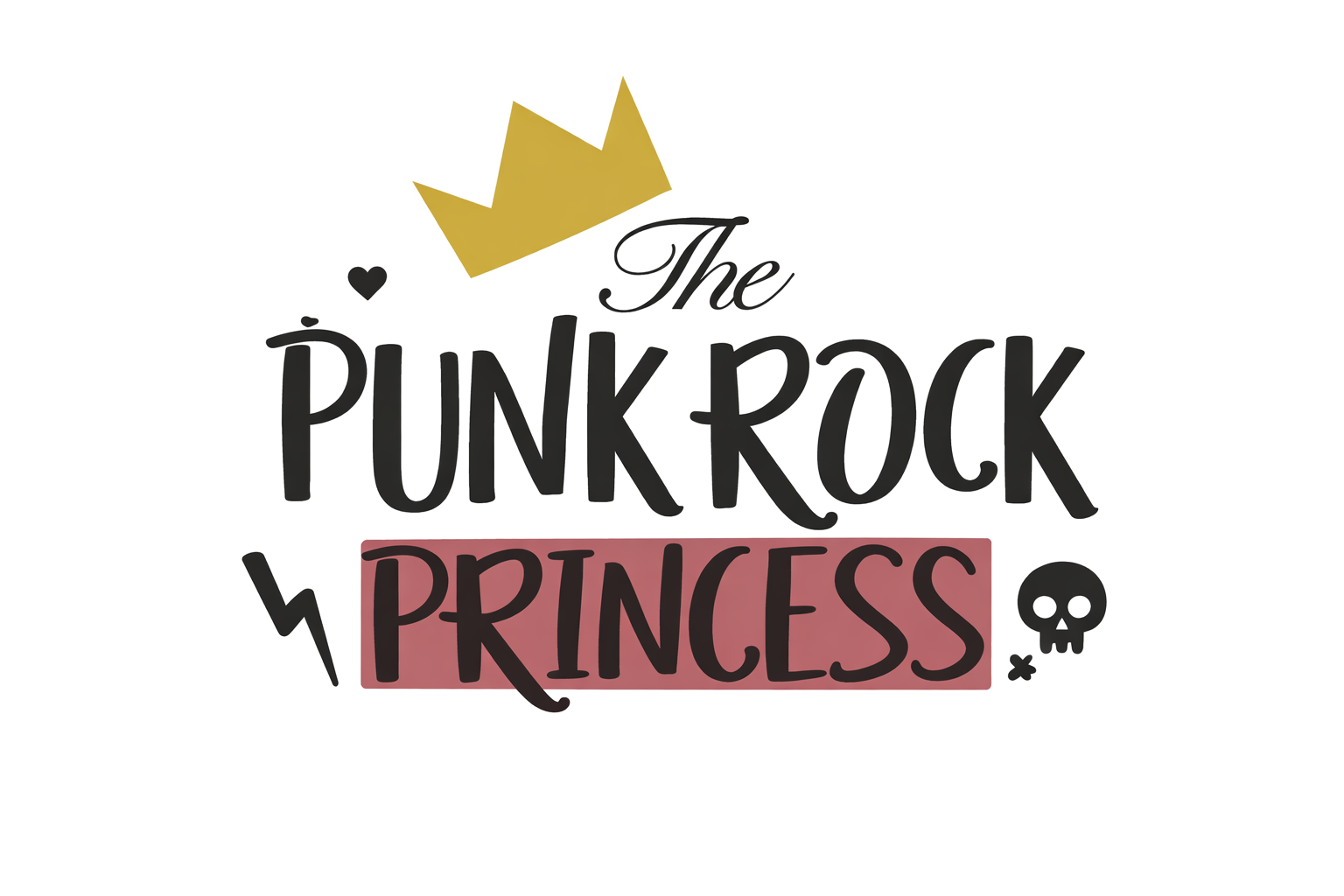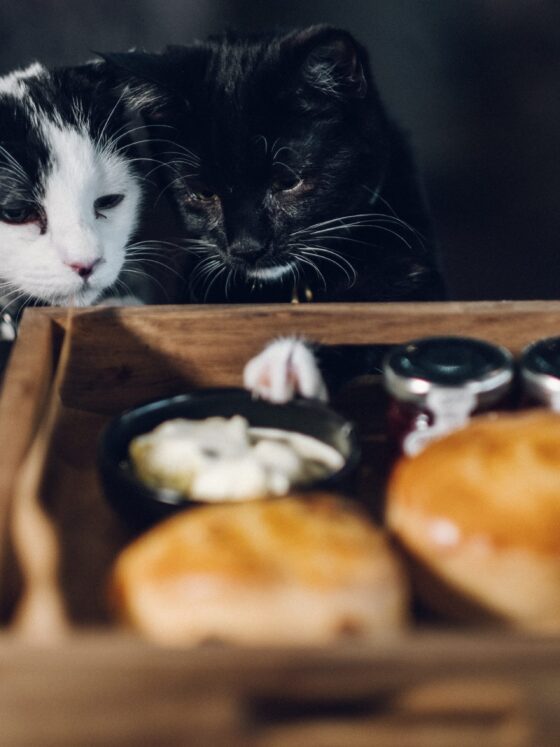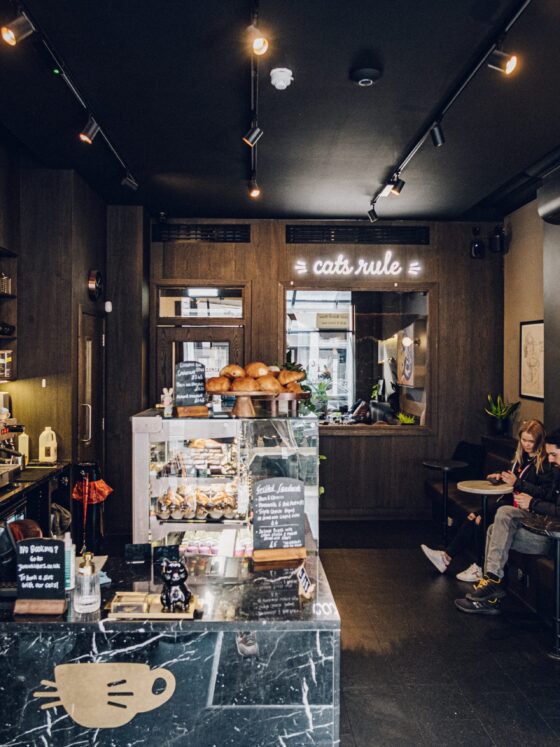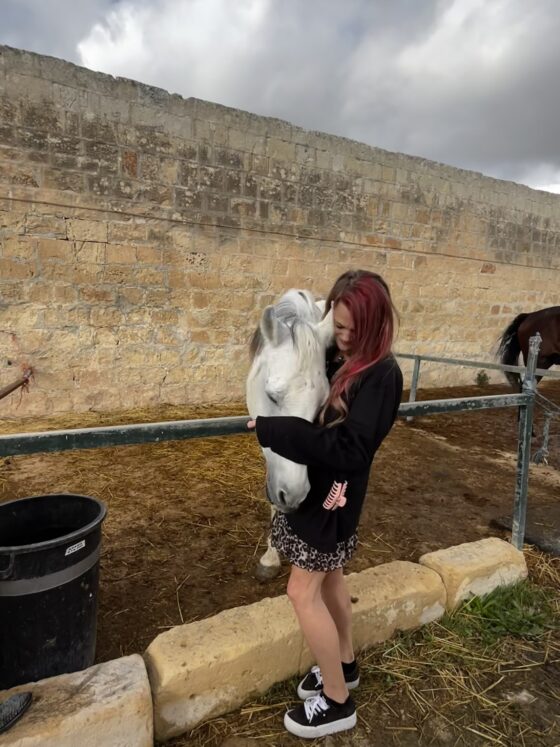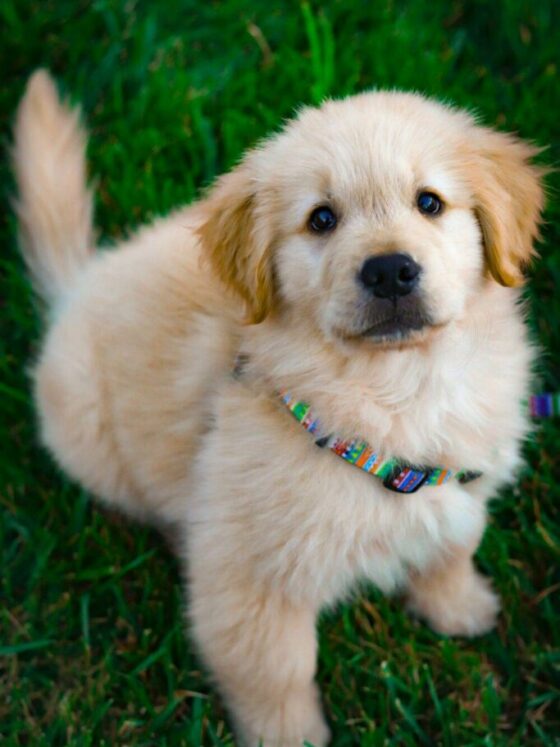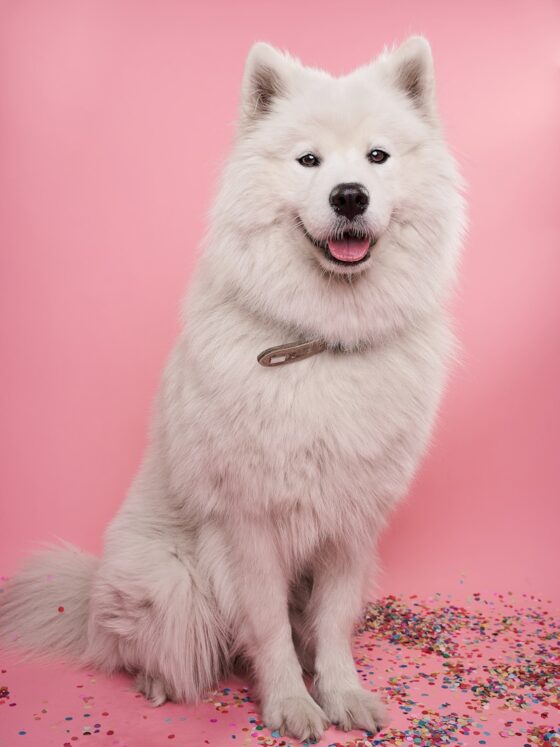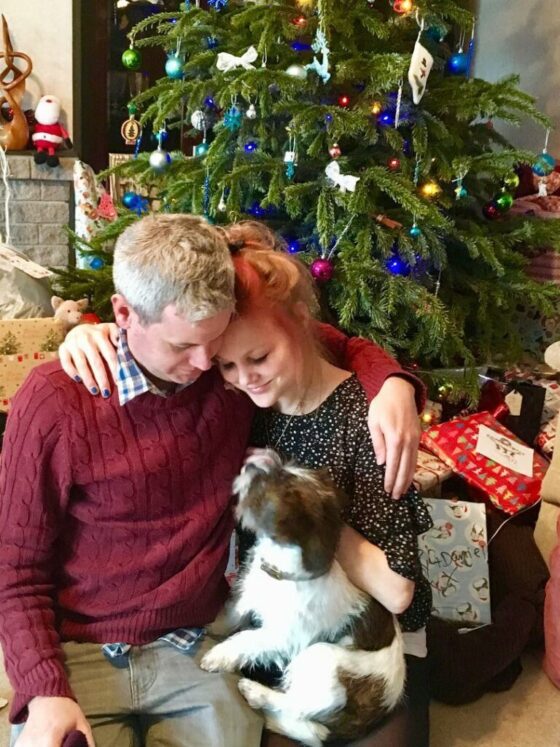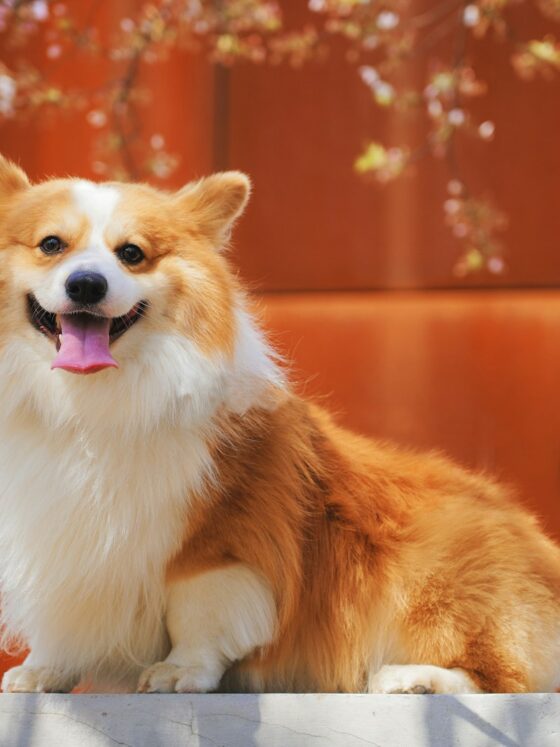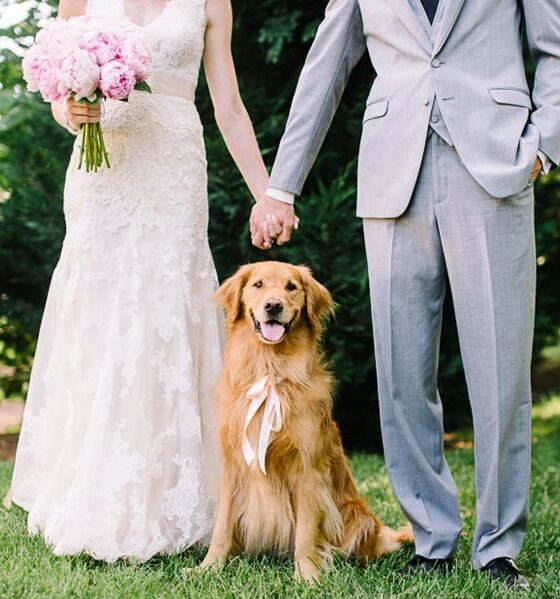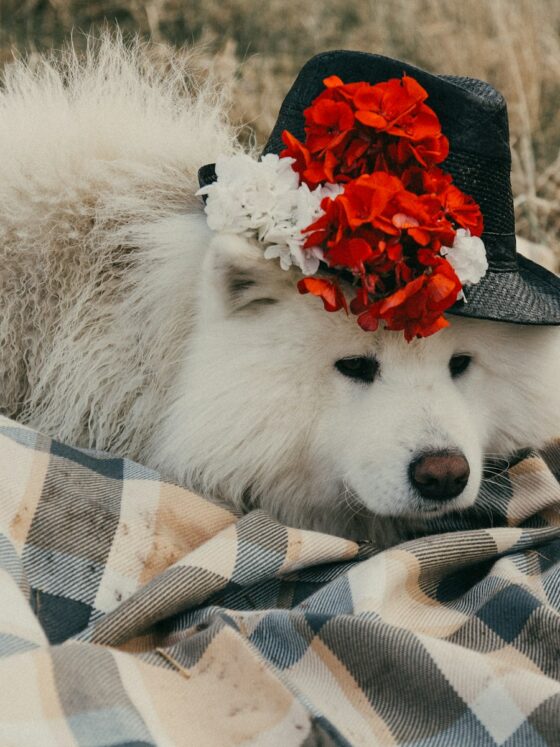If you’ve ever seen your pup pacing during a thunderstorm, chewing the sofa when you leave, or giving you those big sad eyes before you head out the door, you know: dog anxiety is real. And honestly? It’s heartbreaking.
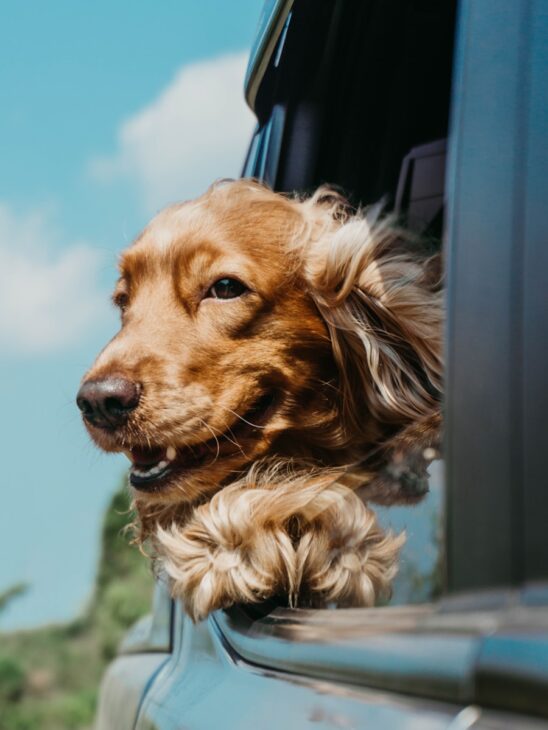
Our dogs are our babies, our sidekicks, our best friends—and watching them struggle with stress is tough. But here’s the good news: there are plenty of ways to comfort your anxious pup and make their tail wag again. From natural remedies to daily routines, let’s dig into how to help a dog with anxiety—without losing your sanity (or another pair of shoes).
Why dogs get anxious in the first place
First things first: your dog isn’t “being bad.” Anxiety in dogs is usually triggered by something specific. Common causes include:
- Separation anxiety – the classic “don’t leave me, hooman!” meltdown.
- Loud noises – fireworks, thunder, construction—basically doggy nightmares.
- New environments – moving house, travel, or even rearranging the furniture.
- Past trauma – rescue pups especially may have baggage from their past.
Understanding what sets your pup off is step one in figuring out how to help a dog with anxiety.
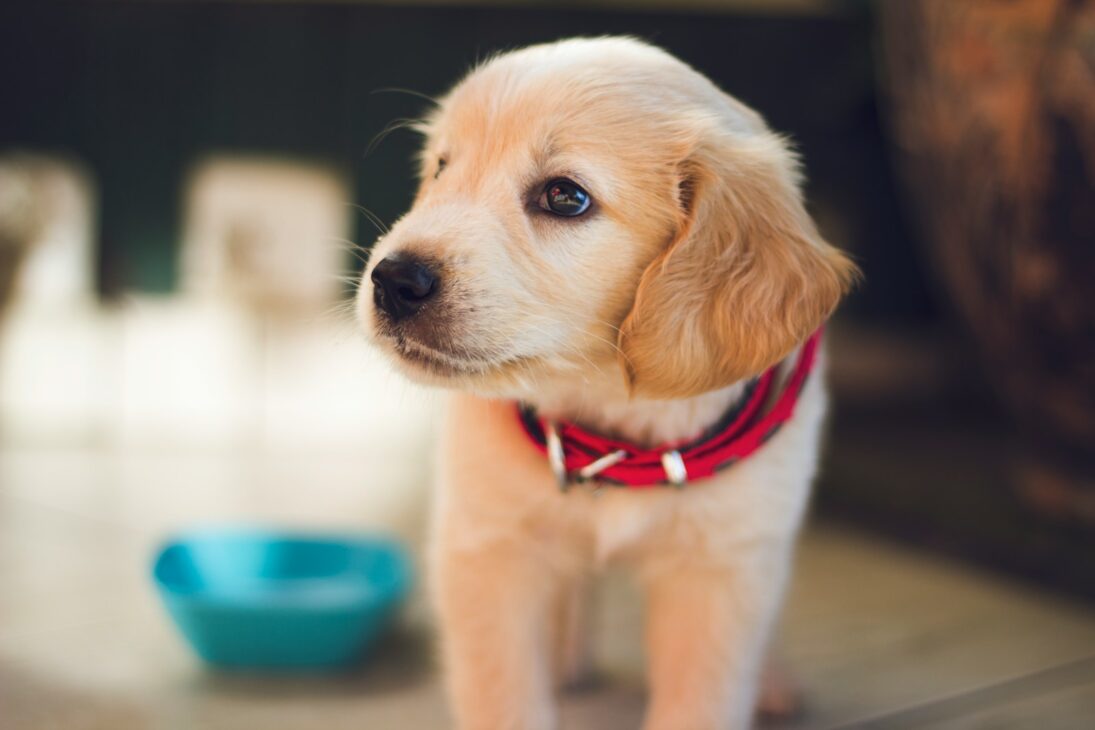
Signs your dog might be anxious
Dogs can’t exactly text you “hey, I’m stressed.” Instead, they show it through behaviour. Keep an eye out for:
- Excessive barking or whining
- Destructive chewing or digging
- Trembling, pacing, or hiding
- Accidents in the house (even if they’re trained)
- Aggression or withdrawal
- Excessive licking or scratching
If you’re nodding along to more than one of these, your furry BFF may be struggling with anxiety.
Practical ways to calm an anxious dog
Here’s the good stuff—tips and tricks to help your pup feel safe, secure, and happy.
1. Exercise is magic
A tired dog is a calm dog. Long walks, fetch sessions, or even puzzle toys help burn off nervous energy. Bonus: you get your steps in too.
2. Create a safe space
Dogs love a cosy den. Set up a quiet corner with their bed, a blanket, and maybe even a shirt that smells like you. When chaos strikes (hello, fireworks), they’ve got a safe haven.
3. Try calming aids
From anxiety wraps (like ThunderShirts) to pheromone diffusers, there are lots of calming products worth exploring. Even lavender-scented sprays (dog-safe ones only!) can help set a soothing vibe.
4. Stick to routines
Dogs are creatures of habit. Feeding, walks, and playtime at the same times each day give them a sense of security. Consistency = comfort.
5. Positive reinforcement
Reward calm behaviour with treats, praise, and cuddles. It teaches your pup that relaxation = good vibes.
6. Background noise
TV, radio, or even a white-noise machine can drown out scary sounds. Some dogs are literal Swifties—try putting on music made for dogs. (Yes, that’s a thing.)
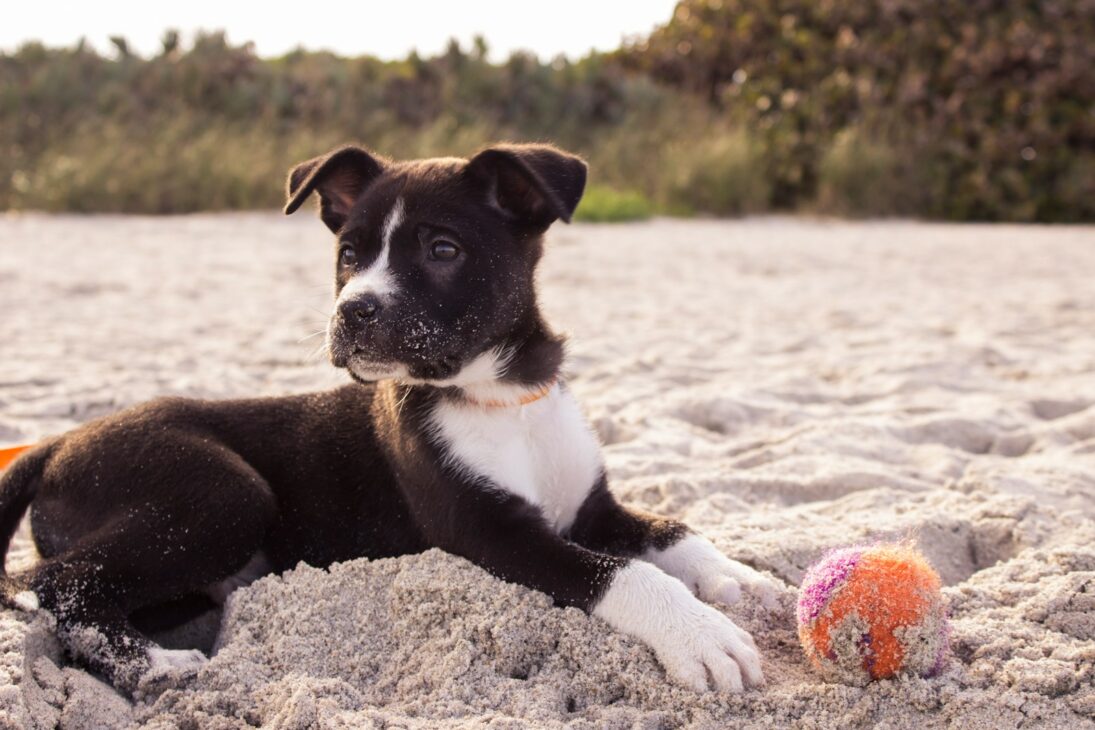
Natural remedies worth a try
Sometimes, natural supplements can help without jumping straight to medication. Options include:
- CBD oil (dog-specific) – many pet parents swear by it.
- Chamomile or valerian root supplements – calming herbs in dog-friendly doses.
- Rescue Remedy drops – a flower essence blend for anxious pets.
Always check with your vet before adding supplements to your pup’s routine.
When to talk to a vet
If your dog’s anxiety is severe—like constant destruction, self-harm (excessive licking/biting), or aggression—it’s time to call the pros.
Your vet may suggest behaviour therapy, prescription meds, or even a referral to a dog behaviourist. And honestly? There’s zero shame in that. Just like humans sometimes need therapy, so do our four-legged friends.
Why helping your anxious dog matters
Dogs live for us. Their world is small, and we’re their safe space. When they’re stressed, it’s not just about chewed shoes or endless barking—it’s about their happiness and wellbeing.
Helping them cope doesn’t just reduce the chaos in your house—it strengthens your bond. You’ll start to understand their triggers better, and they’ll trust you even more.
The final tail wag
So, next time your pup is shaking during fireworks or whimpering when you grab your keys, remember: anxiety is hard on them, but you’ve got tools to help. Exercise, safe spaces, routines, natural aids—it all adds up.
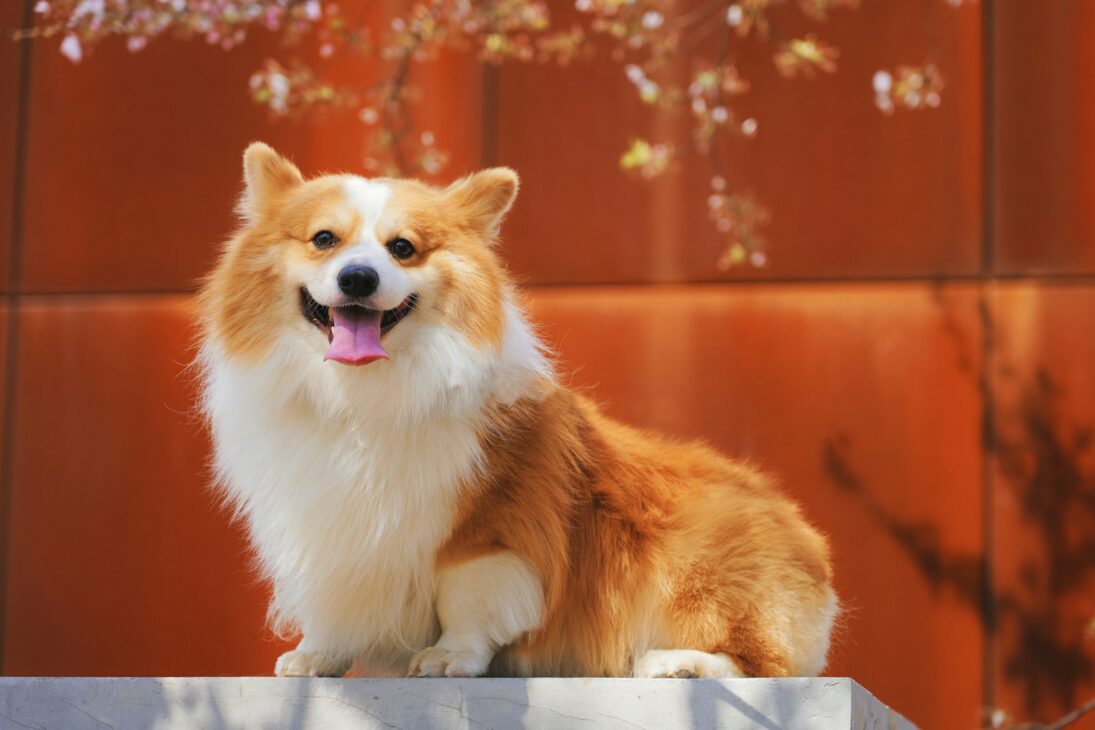
How to help a dog with anxiety really comes down to this: patience, love, and consistency. Your pup isn’t looking for perfection—they just want you by their side. And when they finally curl up next to you, calm and content, you’ll know: you’re their whole world.
